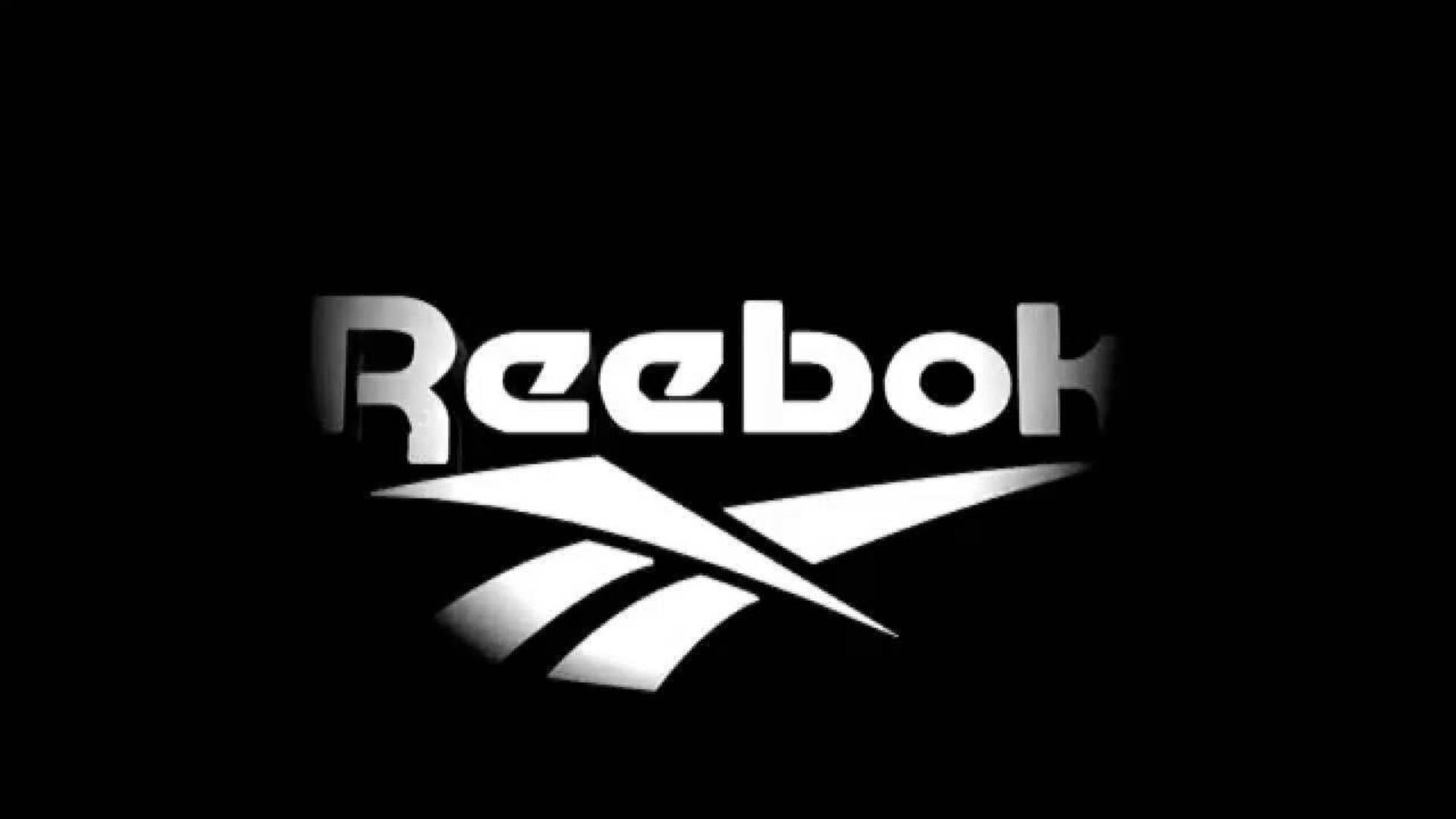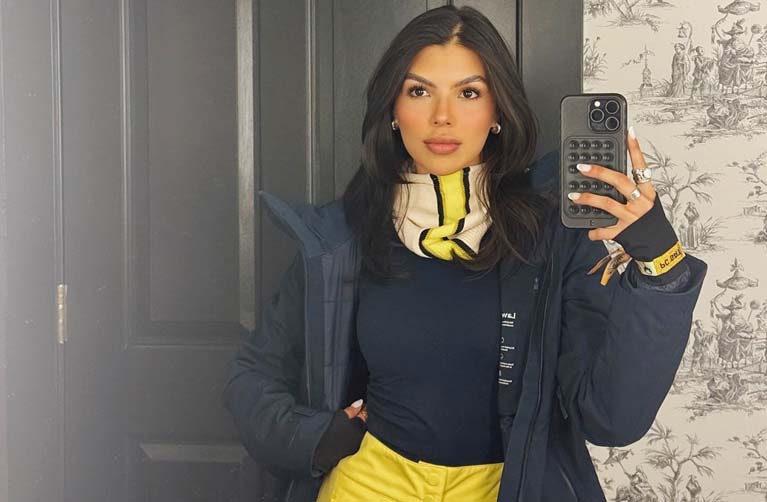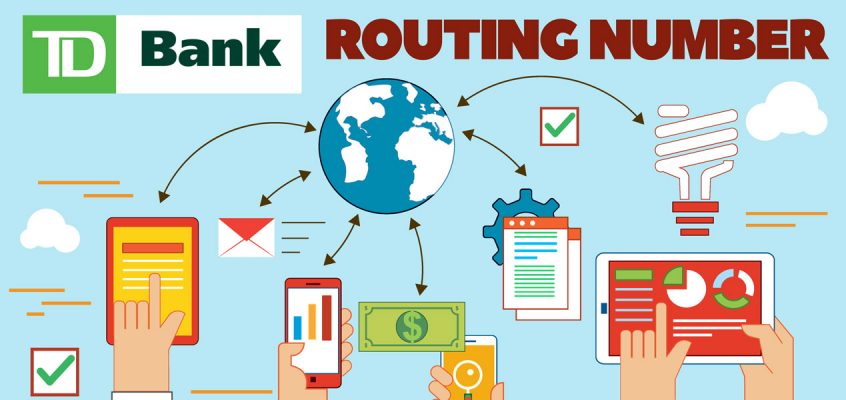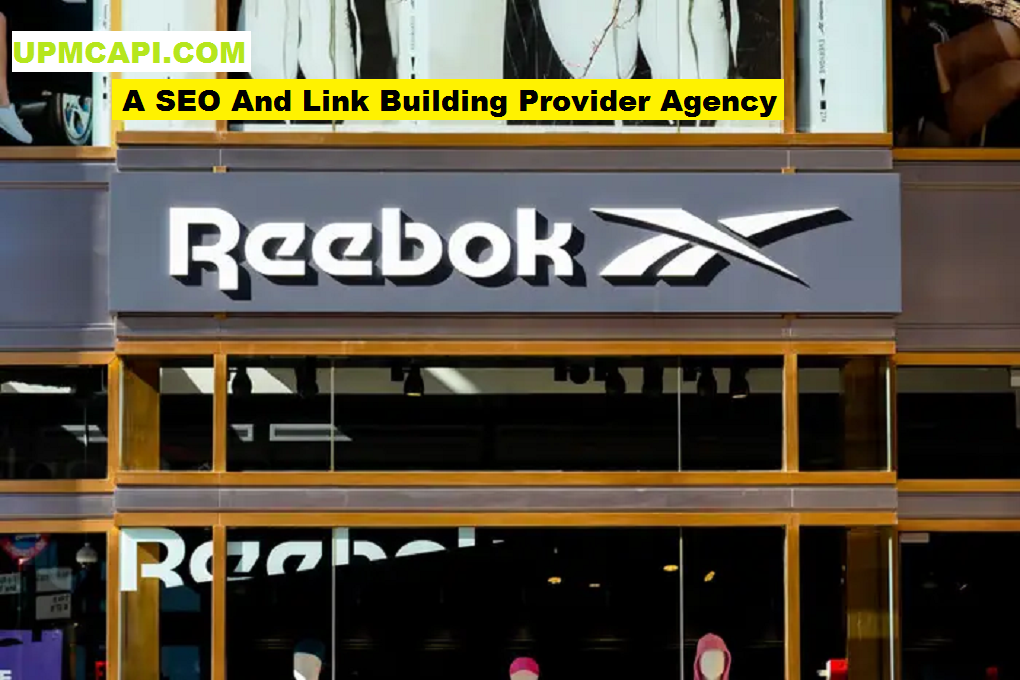Introduction :
Reebok, a renowned sportswear brand, has been a prominent name in the industry for decades. With its stylish and innovative designs, Reebok has carved a niche for itself in the highly competitive athletic apparel market. One question that often arises among consumers and enthusiasts alike is if you’re a fan of sports apparel, you’ve likely come across the iconic brand Reebok. From its humble beginnings to becoming a global sensation, Reebok has cemented its place in the world of athletic wear. However, questions often arise about the ownership of this renowned brand.
Founding of Reebok : Ownership
Reebok was founded in 1958 by Joseph William Foster in Bolton, England. Originally named “J.W. Foster and Sons,” the company initially focused on producing spiked running shoes for athletes.
Growth and Expansion
Throughout the years, Reebok experienced significant growth and expanded its product line to include various athletic footwear and apparel. By the 1980s, Reebok had become a household name, particularly in the fitness industry, with the introduction of its iconic aerobic shoes.
Acquisition by Adidas
In 2005, Reebok was acquired by Adidas, a German multinational corporation specializing in sports footwear and apparel. The acquisition was a strategic move by Adidas to strengthen its position in the global sportswear market and compete more effectively against rivals like Nike.
Adidas Ownership
As of now, Reebok is owned by Adidas AG, headquartered in Herzogenaurach, Germany. Since the acquisition, Reebok has operated as a subsidiary of Adidas, benefiting from the parent company’s extensive resources and global distribution network.
Potential Sale Rumors
In recent years, there have been speculations and rumors regarding the potential sale of Reebok by Adidas. These rumors have sparked discussions among industry experts and stakeholders about the future direction of the brand.
Changes in Brand Direction
Changes in ownership can often lead to shifts in brand direction and strategic priorities. If Reebok were to be sold by Adidas, it could potentially undergo significant changes in management, product offerings, and marketing strategies.
Market Positioning
The ownership of Reebok plays a crucial role in determining its market positioning and competitive advantage. Under the ownership of Adidas, Reebok has benefited from synergies with other brands under the Adidas portfolio. However, a change in ownership could impact Reebok’s market position and brand perception.
Milestones in Reebok’s Journey : Ownership
Over the years, Reebok achieved significant milestones, including pioneering the first spiked running shoe in 1890 and introducing the iconic Freestyle aerobics shoe in the 1980s. These innovations propelled Reebok into the forefront of athletic footwear and apparel.
Acquisition by Adidas
In 2005, Adidas Group acquired Reebok in a landmark deal worth $3.8 billion, aiming to expand its market share and diversify its brand portfolio. This acquisition marked a strategic move in the sportswear industry landscape.
Paul Fireman
Paul Fireman, the former owner of Reebok, played a pivotal role in elevating the brand’s global presence during his tenure. His visionary leadership and strategic decisions contributed to Reebok’s exponential growth.
Joe Foster
Joe Foster, one of the founding members of Reebok, infused the company with his passion for innovation and craftsmanship. His dedication to quality and performance laid the foundation for Reebok’s enduring success.
Adidas Group
As the current owner of Reebok, Adidas Group oversees the brand’s operations and strategic direction. Leveraging its extensive resources and expertise, Adidas aims to capitalize on Reebok’s heritage while adapting to evolving market trends.
Brand Identity
Reebok’s brand identity remains rooted in its heritage of innovation, performance, and style. Embracing its legacy while embracing contemporary trends, Reebok continues to resonate with consumers worldwide.
Market Presence
Despite facing stiff competition in the sportswear market, Reebok maintains a strong presence through its diverse product offerings and strategic marketing initiatives. Its focus on fitness, lifestyle, and sustainability reinforces its relevance in today’s dynamic consumer landscape.
Recent Developments
In recent years, Reebok has ventured into collaborations with high-profile athletes, celebrities, and fashion designers to stay ahead of the curve. These partnerships, coupled with innovative product launches, have garnered attention and acclaim from consumers and industry insiders alike.

Adidas’ Acquisition of Reebok : Ownership
Reasons Behind the Acquisition
Adidas’ acquisition of Reebok was driven by a desire to strengthen its position in key markets, particularly in North America. By integrating Reebok into its portfolio, Adidas aimed to leverage synergies and capitalize on emerging trends in sportswear and lifestyle apparel.
Impact on Reebok’s Identity and Operations
The acquisition brought both opportunities and challenges for Reebok, prompting a reevaluation of its brand positioning and market strategy. While some feared dilution of Reebok’s identity, others saw it as an opportunity for growth and expansion under Adidas’ stewardship.
Strategic Changes by Adidas Post-Acquisition
Adidas implemented strategic changes to streamline Reebok’s operations and enhance its market competitiveness. This included optimizing distribution channels, revitalizing product innovation, and aligning marketing efforts with evolving consumer preferences.
Product Lines
Under Adidas’ ownership, Reebok has diversified its product lines to cater to a broader audience beyond traditional sports enthusiasts. From performance-driven athletic gear to fashion-forward lifestyle collections, Reebok offers something for everyone.
Marketing Strategies
Reebok’s marketing strategies have evolved to embrace digital platforms and social media, engaging consumers through immersive storytelling and interactive experiences. By tapping into cultural trends and societal movements, Reebok remains relevant and relatable to its target audience.
Collaborations and Partnerships
Reebok has forged strategic partnerships with leading brands, designers, and influencers to expand its reach and appeal. Collaborations with the likes of Victoria Beckham, Cardi B, and CrossFit have elevated Reebok’s brand cachet and fostered connections with new audiences.
Potential Directions
Looking ahead, Reebok is poised to capitalize on emerging opportunities in health, wellness, and athleisure. By embracing sustainability, technology, and consumer-centric innovation, Reebok aims to stay at the forefront of the sportswear industry.
Innovations Ahead
Reebok continues to push boundaries with groundbreaking innovations in materials, design, and performance. From eco-friendly initiatives to cutting-edge footwear technologies, Reebok remains committed to driving positive change and empowering consumers to lead active, healthy lifestyles.
Reasons behind the Acquisition : Ownership
In 2005, Reebok was acquired by Adidas AG, a German multinational corporation specializing in sportswear and equipment. The acquisition was driven by Adidas’s desire to expand its market share in North America, where Reebok held a strong presence.
Impact on Reebok
While the acquisition brought Reebok under the Adidas umbrella, it continued to operate as a separate entity. However, over the years, Reebok’s market share faced challenges, leading to restructuring efforts within the Adidas Group.As of now, Reebok remains a subsidiary of the Adidas Group, contributing to its diverse portfolio of brands. Despite facing competition from other sportswear giants, Reebok maintains its identity and continues to release innovative products.
Potential Sale Rumors
In recent years, there have been speculations about Adidas considering the sale of Reebok. These rumors stem from Adidas’s strategic review of its assets and the desire to focus on its core brands. However, no official announcements have been made regarding the sale of Reebok.
Speculations and Potential Buyers
Several potential buyers have been rumored to express interest in acquiring Reebok if it were to be put up for sale. From private equity firms to rival sportswear companies, the list of potential buyers is diverse. However, until Adidas decides to proceed with the sale, these remain mere speculations.
The Genesis of Reebok: A Brief Overview
Reebok emerged onto the scene in 1958, founded by Joseph William Foster in Bolton, England. Initially specializing in spiked running shoes, Reebok swiftly gained traction, establishing itself as a formidable player in the athletic footwear market.
Acquisition by Adidas: A Strategic Move
In 2005, Adidas, the German sportswear giant, acquired Reebok in a landmark deal worth $3.8 billion. This acquisition aimed to bolster Adidas’ market share in North America and broaden its product offerings, particularly in the realm of fitness and lifestyle apparel.
Transition of Ownership: Recent Developments
Despite its longstanding association with Adidas, recent years have witnessed murmurs of change in Reebok’s ownership. In 2021, reports surfaced indicating that Adidas was exploring strategic alternatives for Reebok, including a potential sale or spinoff of the brand.
Unveiling the Current Ownership
Amidst speculation and anticipation, the question lingers: who currently owns Reebok? As of the latest updates, Authentic Brands Group (ABG), a global brand development company, has emerged as a frontrunner in the bid to acquire Reebok from Adidas.
The Rise of Authentic Brands Group (ABG)
Renowned for its adept handling of iconic brands and intellectual properties, ABG boasts an impressive portfolio comprising household names like Marilyn Monroe, Elvis Presley, and Sports Illustrated. With a penchant for revitalizing heritage brands, ABG presents a compelling proposition for the future of Reebok.
FAQs
- What led to Adidas acquiring Reebok?
- Adidas sought to strengthen its presence in key markets and diversify its brand portfolio through the acquisition of Reebok.
- How has Reebok’s brand identity evolved over the years?
- Reebok’s brand identity has evolved to embrace both its heritage of performance and innovation, as well as contemporary trends in fashion and lifestyle.
- What are some recent collaborations by Reebok?
- Reebok has collaborated with high-profile athletes, celebrities, and designers, including Victoria Beckham, Cardi B, and CrossFit.
- How has Reebok adapted its marketing strategies in the digital age?
- Reebok has embraced digital platforms and social media to engage consumers through immersive storytelling and interactive experiences.
- What are some potential directions for Reebok in the future?
- Reebok aims to capitalize on emerging opportunities in health, wellness, and athleisure, while continuing to drive innovation and sustainability.
- What innovations can we expect from Reebok in the coming years?
- Reebok is committed to pushing boundaries with groundbreaking innovations in materials, design, and performance, with a focus on eco-friendly initiatives and consumer-centric solutions.
Conclusion :
In conclusion, Reebok is currently owned by Adidas, following its acquisition in 2005. While rumors of a potential sale persist, Reebok continues to operate as a subsidiary of Adidas, leveraging the strengths of its parent company to remain competitive in the ever-evolving sportswear industry.Reebok, a brand synonymous with innovation and athleticism, is currently owned by the Adidas Group. While there have been rumors about a potential sale, Reebok continues to operate within the Adidas portfolio, striving to maintain its position in the competitive sportswear market.









